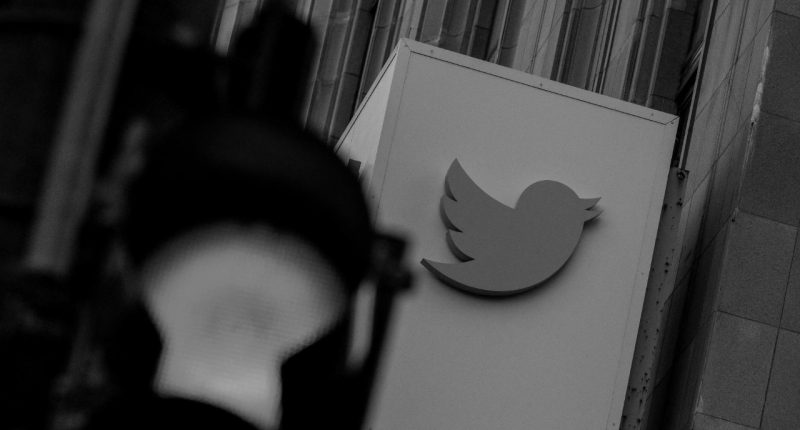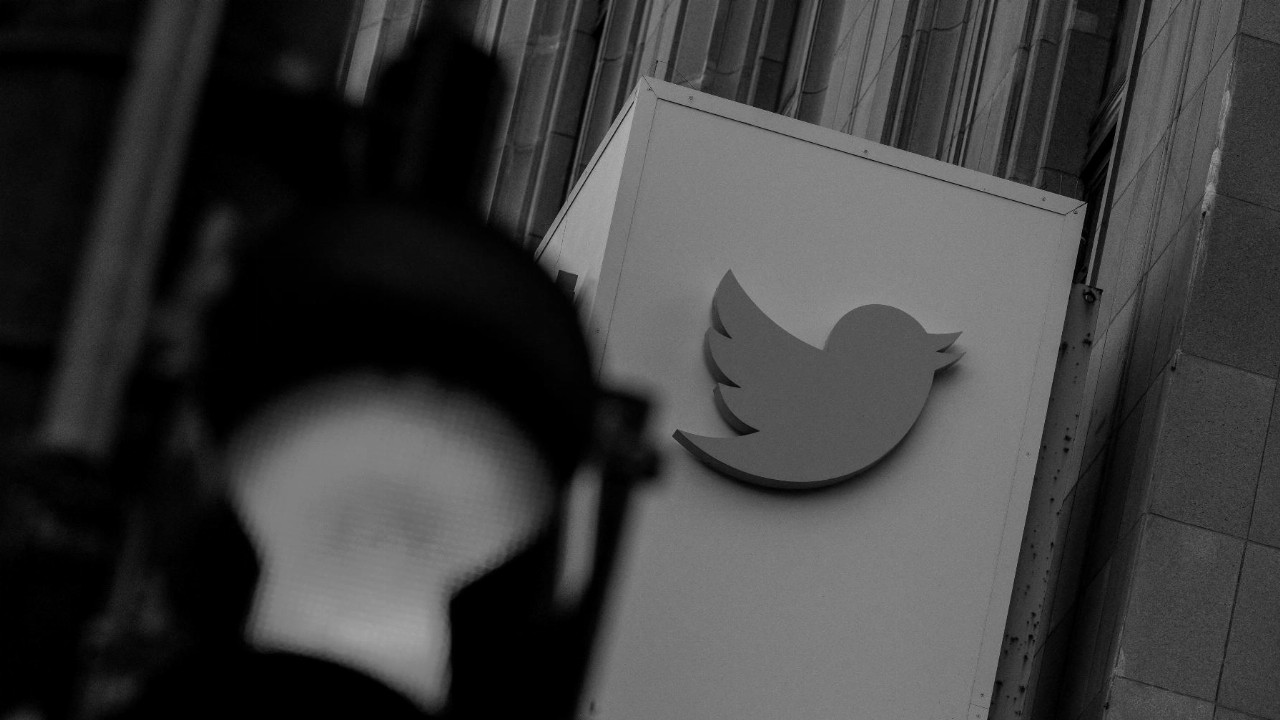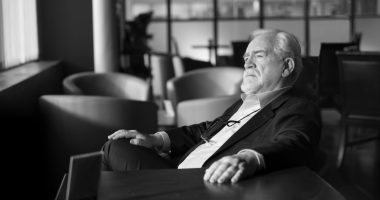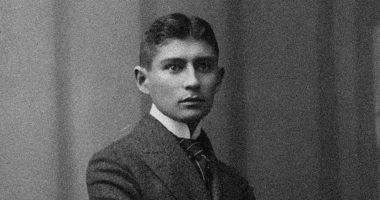Bin fire. Train wreck. Implosion.
Twitter, to borrow from Ernest Hemingway, has fallen apart gradually, then very suddenly indeed. Hemingway’s line was about bankruptcy, and even if it’s not quite there yet, #RIPTwitter is looking more inevitable by the day.
The dramatic fall in the company’s fortunes — from Elon Musk’s US$44 billion purchase in early November to the situation last weekend, when employees were reportedly locked out of Twitter HQ and updating their job descriptions to “former” as fast as they could run — was staggering.
But the unique feature of Twitter’s collapse is not its financial woes (tech companies are notorious for surviving on a wing and a few scraps of code for years until they turn a profit) but the way it’s watching itself die, and making jokes about it.
Users are writing final tweets, posting hot takes on the ongoing dramas, and expressing genuine grief.
Australian journalist Vanessa Badham wrote: “This site led me to some of my best friends, greatest comrades and a world of considered intellectual insight I would never have found on my own. Elon Musk is torching the Great Library of Alexandria — he is a philistine deserving of history’s contempt.”
On Saturday, when author Neil Gaiman set up on alternative social media site Mastodon — effectively taking his three million Twitter followers with him — it seemed like, if not the beginning, then confirmation of the end.
At Twitter HQ, some disgruntled user or employee used a projector to scroll the words “megalomaniac, worthless billionaire . . . supreme parasite” and worse across the face of the building.
But the narrative of collapse and lost billions and the demonisation of clueless new boss misses the point.
In 1996, Bill Gates wrote that “content is king”. Demonstrating uncanny foresight, he wrote: “I expect societies will see intense competition — and ample failure as well as success — in all categories of popular content — not just software and news, but also games, entertainment, sports programming, directories, classified advertising, and on-line communities devoted to major interests.”
One of Musk’s multiple pronouncements, issued from inside what appears to be a gold-lined echo chamber containing only Elon, was that he acquired Twitter “because it is important to the future of civilisation to have a common digital town square.” He went on to earnestly deplore the risk of social media “splintering”, and the way that would “divide our society”.
Of course, the direct effect of the disintegration of Twitter’s safeguards (putting the “blue tick” of authenticity up for sale, the disbanding of content moderation teams) is precisely that division. People are leaving in droves and going to likeminded communities — places where they can talk to their existing networks. They want to get away from the bin fire Twitter is becoming without the controls Musk claimed hampered “free speech”.
Like most users, I had a Twitter feed that was as unique as a fingerprint, curated over a decade. It comprised virtual writing colleagues, cyclists, urban theorists, every Indigenous Australian account I came across, a few Famous People, and many non-famous people who wrote clever things about books. I kept to my silo as far as I could. But inevitably other elements bled in, retweeted or suggested by the algorithm: TERFs, racists, Trump supporters, anti-vaxxers, God-botherers.
And that was good for me. On Twitter, I couldn’t pretend my way of thinking was the only way. I’d report the worst, block and move on. But the real value of Twitter for me and for many was in the networks it enabled, the busy, buzzing hive mind throwing up ideas, the quick-fire repartee and the simple validation of a few “likes” on a personal photo or an observation.
Now, as the timeline resembles an echoing high-school hallway after classes finish for the year — quiet, just a few lost souls wandering in to collect their things and exchange contact details — I want to say: stop. Don’t cede the territory to the MAGAs and the TERFs.
Content is king, and we the people (users) are the content. Twitter isn’t just a place to post cat videos and argue about politics — it’s also there to discuss research findings, to find support for mental health and disability issues, to seek new employees, organise progressive activism, and, as recently as last weekend, to clarify an “active shooter” situation at an American university. One behavioural scientist pointed out that “Twitter has been a vital source of information, networking, guidance, real-time updates, community mutual aid, and more during hurricanes, wildfires, wars, outbreaks, terrorist attacks, mass shootings . . . etc. It’s not something that can be replaced by any existing platforms.”
Elon Musk didn’t build Twitter, and nor did founder Jack Dorsey. The software engineers and investors didn’t build Twitter. They didn’t create the connections, establish the social protocols, write the millions upon millions of words that Twitter constitutes. We did.
On Saturday, Musk put up a Twitter poll, asking for yes/no answers to the question: “Reinstate former President Trump”. (No punctuation, and referring to Trump’s Twitter account, not his presidency.) A “yes” vote of 51.8 per cent saw Trump’s account dredged up from the basement, although Trump is yet to use it.
An accelerated exodus followed, including American actor Lisa Ann Walter who tweeted “Trump’s in — I’m out.”
On Tuesday, Musk doubled down with another tweet saying he was glad people were leaving: “Hope all judgy hall monitors stay on other platforms — please, I’m begging u,” he wrote.
We don’t just get the governments we deserve. We also get the social media we deserve. Leaving Twitter is voting with your feet, but it’s a vote for fragmentation: it’s a retreat.
The world already had a digital town square. It’s time to dig in and defend it.
Jenny Sinclair writes about popular culture, research, higher education and technology. She is based in Melbourne, Australia, on the traditional lands of the Wurundjeri people.





